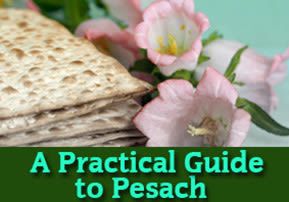
A Guide to Pesach and Nissan
When Pesach is observed in the appropriate and honorable manner, one is able to repair the negative desire for money and attain true fear of God, prophetic inspiration...

An excerpt from Tzaddik Magazine Pesach 2000, a project of Nachal Novea Mekor Chochma, Tsfat, Israel
Pretend Nissan is Tishrei
The days of Nissan are days of teshuva, just like the month of Tishri (Likutey Moharan 49), so start practicing for Rosh Hashanah now! Take a renewed look at your life during Nissan, evaluate where you are headed; take a spiritual inventory and pray for the ability and courage to make the necessary life changes towards holiness.
Read the Haggadah in a loud voice at the Pesach Seder
The Haggadah of Pesach is considered Tikkun Habrit (literally, repair on the Covenant, a term that refers to fixing any aspect of human sexuality and restoring it to its proper place and expression in holiness. The Covenant represents the essential bond between God and the Jewish people), which is related to Tikkun Hadaat, the repair of our conscious awareness of God. The Egyptian exile represents Pegam Habrit (literally, blemish of the Covenant, a term used for any and all manifestations of the corruption of sexuality, whether in its blatant or subtle form. This blocks and prevents our connection with God), which is equivalent to blemished Daat. Because the voice awakens a person’s Daat – the knowledge that God is everywhere – we read the Haggadah in a loud voice (Likutey Moharan 21:10). Complete Daat is the basis for redemption, whether then, in Egypt, or today.
Celebrate Pesach with Honor
When Pesach is observed in the appropriate and honorable manner, one is able to repair the negative desire for money and attain true fear of God, prophetic inspiration, and prayer (Likutey Moharan Tinyana 1). As lofty as this sounds, the way this is accomplished is primarily through a joyful mood, fine clothing, partaking in festive meals and spending money on the mitzvot associated with the holiday.
Remember to Count the Omer
During the first night of Pesach, a tremendous light is granted to us as a gift (the Arizal). The second night, however, it is withdrawn and we must work to regain it by purifying and sanctifying ourselves during the period of the Omer – the forty-nine days from Pesach to Shavuot (Likutey Halachot, Pesach). Each day possesses a specific dynamic so pervasive, that it is possible to see it expressed through whatever people are speaking about on that particular day (Likutey Moharan 182). One of the most powerful tools with which to refine ourselves during the Omer period is Tehillim, the book of Psalms. Rebbe Nachman teaches that one who wants to return to God should regularly recite Tehillim (Likutey Moharan Tinyana 73). Through counting the Omer and cleaning ourselves spiritually, we slowly regain the light, step by step, until we ascend to the revelation of the Torah on Shavuot.




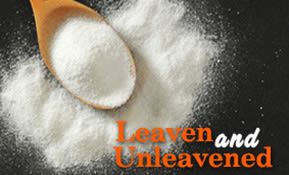
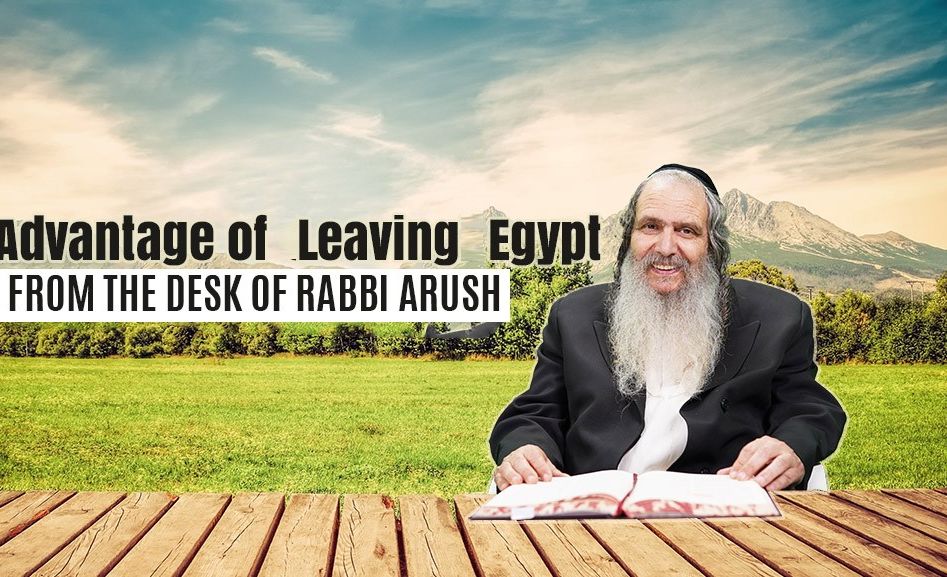
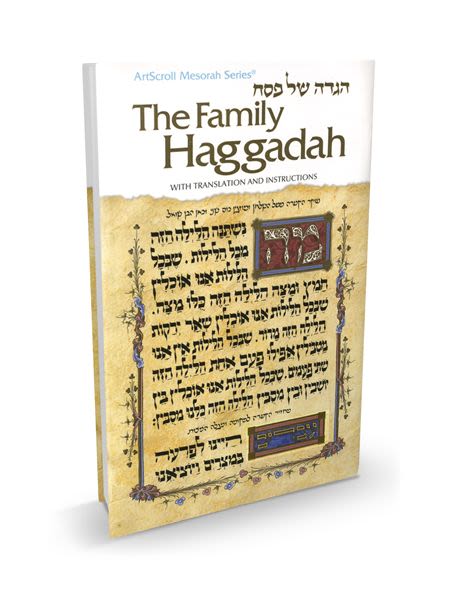
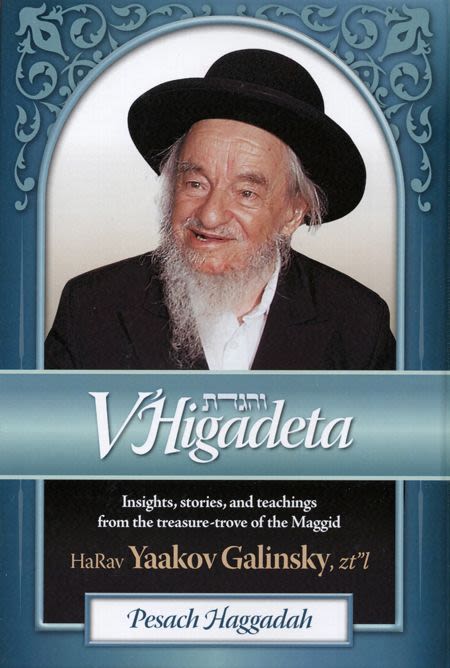
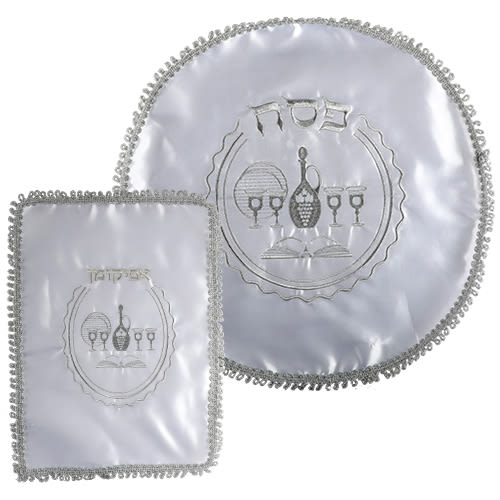
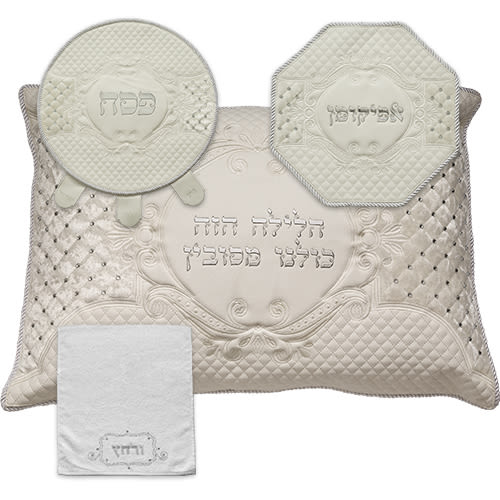
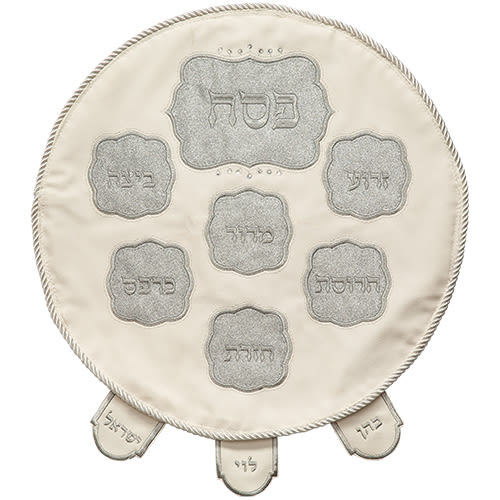
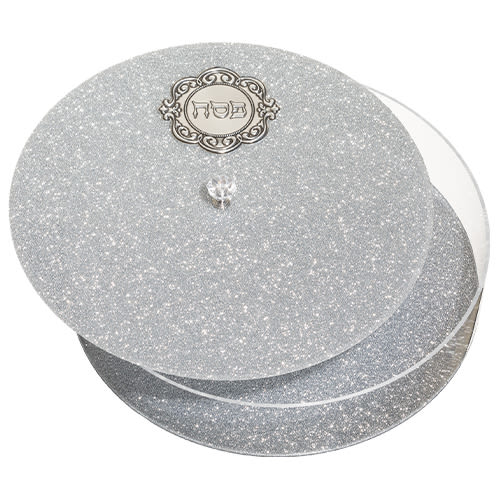
Tell us what you think!
Thank you for your comment!
It will be published after approval by the Editor.